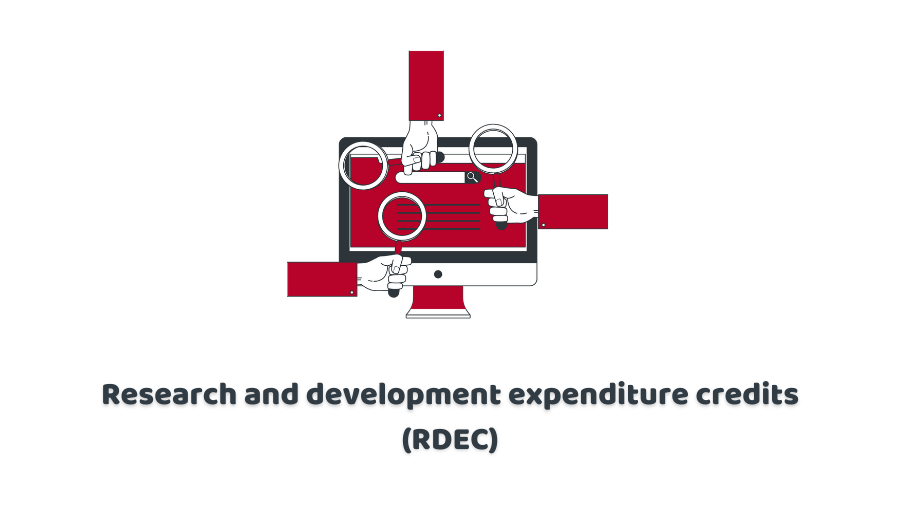Research and Development expenditure credits define the future of any country. A major government policy was introduced in this regard to promote R&D in the UK. Under the policy, multinational and other corporate agencies are encouraged to work aggressively on research and development.
If you own an entity and if you’re busy carrying out research work, the government will not only motivate and reward you by giving you relief packages, but you can also get multiple tax benefits. The policy was introduced to encourage businessmen and investors to invest in the UK.
Primarily, RDEC (research and development expenditure credit) is used by big corporations and companies, but small and medium enterprises are also using the tax incentive policy.
What’s the main idea of Research and development expenditure credits?
UK passed the legislation in order to incentivize the R&D sector. They slashed the claim value from the tax line and moved it into the statutory accounts. So, what’s the benefit of this change? This change, made through legislation, actually put the spotlight on the R&D relief. The legislation basically introduced to highlight it more and it is now made visible to all key stakeholders and companies.
Can you benefit from Research and development expenditure credits?
If you’re an entrepreneur and interested in conducting research, then this scheme is for you. You can benefit from an SME R&D tax credit scheme. Excitingly, it is actually more generous and offers more tax credit rates.
Main Features of the Scheme
The RDCE tax credit is 13% for all qualifying R&D expenditures. The credit will be taxable at the usual Corporation Tax, which is 19%. This means that your benefit will be 11% for every £1 you spend on R&D, but you have to qualify. The benefit will be visible above the line.
What are the benefits?
RDEC will be highlighted in your income statement. This will impact profits in your accounts. The profits have a stark effect on your R&D investment decisions.
The benefits from RDEC are far-reaching. It is independent of your company’s tax standing. This scheme enable companies and other large corporations to account relief into their investment decisions with better stability.
Another attractive feature of the incentive is that the scheme is irrespective of profit and loss-making entity. The scheme can be used by loss-making companies equally and they exploit its benefits with full potential.
RDEC for smaller companies
SMEs are the heart of any growing economy because of the role they play to drive the country towards financial stability. For RCED, you must follow some qualifying criteria. you have to go with SME tax credits for better relief and claims.
What if you want to claim SME tax credits instead of RCED?
You probably want to fulfil some benchmarks for this. Make sure that you have less than 500 employees working for you. Other criterion are related to your company’s scale. Your company’s turnover and assets should not be more than 100 million and 86 million respectively.
If you consider you company an SME, but at the same time you are working with some large scale company then you might want to stay away from SME tax credits. To look into the details, if you are partnering with another company that involves more than 25% voting rights or capital, it will make the sum of your size above the qualifying threshold.
If you are working as a subcontractor for another big company, the scheme will not be applicable. You cannot claim any relief in that case.
How can you claim RCED?
The most important part is the claiming step. You can claim tax credits for up to two years after the end of the accounting period. Its important to seek advice from an accountant to evaluate your eligibility or choose between SME tax credits or RCED.
Research-and-development tax credit can be claimed by filing corporation tax. You can also make amendments in corporation tax to file for it. The delay risk can be minimized by submitting an explanation or by applying Advance Assurance. HMRC will confirm your claims and costs and may ask questions about it.





















































